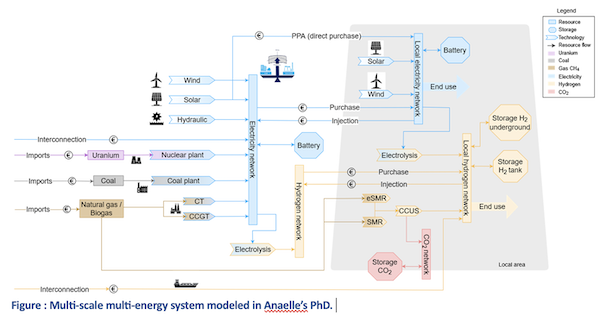List of present students
Back to Sudent list in my main page.
Job offers
Laurent Cornaggia
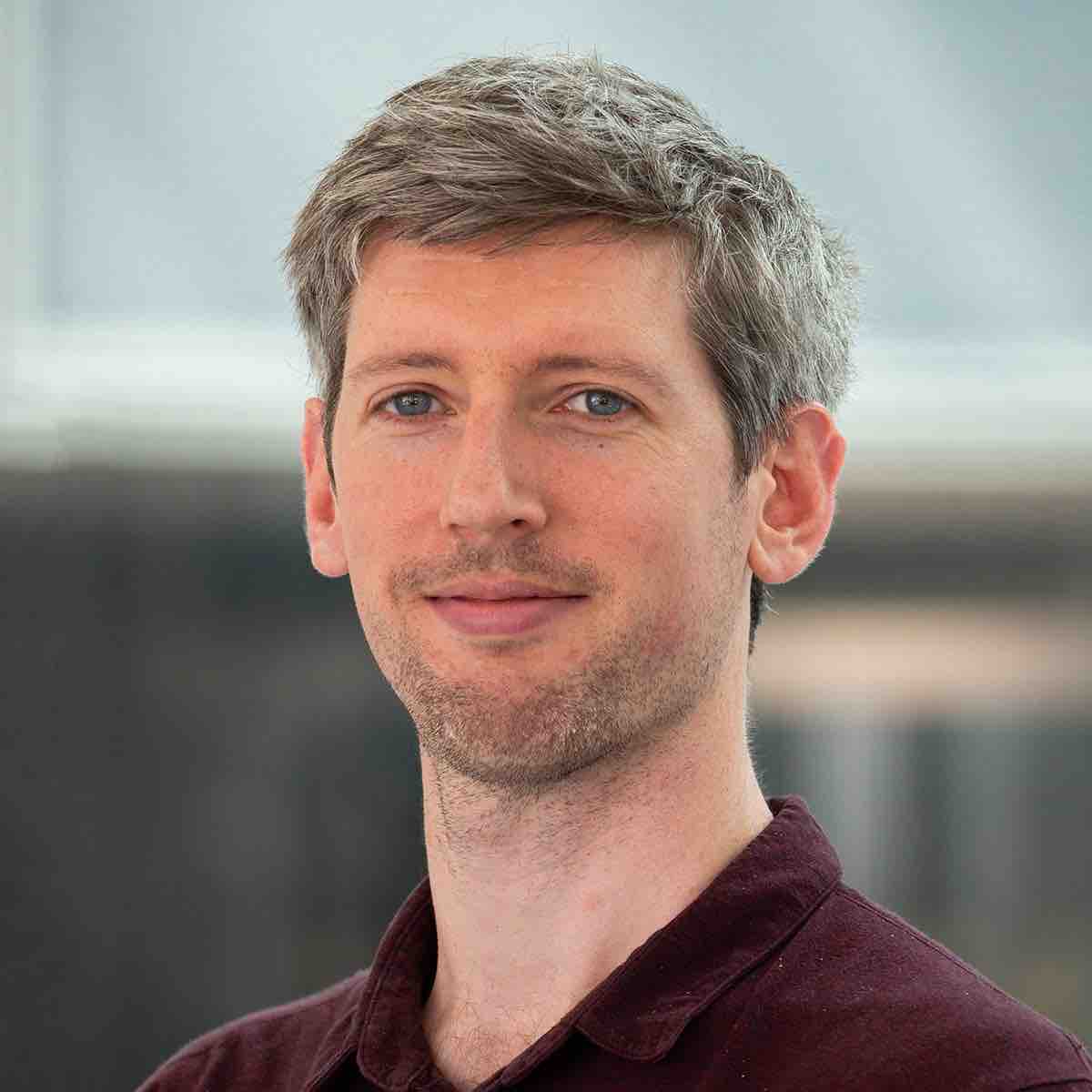
PhD Student since January 2023
Optimisation of medium voltage DC connection architechtures.
CIFRE PhD funded by french TSO RTE.
Mini CV – Laurent Cornaggia holds an engineering diploma from l’Ecole Polytechnique and an MSc in mechanical engineering from EPFL. Following an initial experience in a startup focused on micro-power plants utilizing waste heat, he joined Artelys as a project manager in energy consulting. In this role, he specialized in areas such as cost-benefit analysis, power markets, sector coupling, optimization, and prospective studies. In January 2023, Laurent started a CIFRE thesis in collaboration with RTE and Mines Paris-PSL, titled “Decision-making Method for the Development of DC Network Architectures Connected to the Transport Network.”
PhD description – His thesis aims at comparing AC and DC network architectures at medium to high voltage (ranging from 1 to 100 kV DC pole-to-pole) to ascertain the advantages of DC over traditional AC connections. Laurent presented a conference paper titled “Comparison of Losses and Costs between AC and MVDC Connections for New DC Resources” at ISGT Europe 2023, publicly available here. This paper explores the losses and costs associated with AC and MVDC connections from a point-to-point perspective. Presently, his primary focus involves the development of methodologies for computing additional comparison criteria between AC and DC architectures. This encompasses evaluating factors such as security of supply, environmental impact, and ancillary services. Furthermore, Laurent’s thesis contributes to the RACCOR-D project led by the French railway operator SNCF réseau, where various AC and DC architectures connected to the transport network are envisioned, involving a combination of railway MVDC networks, batteries, and solar plants.
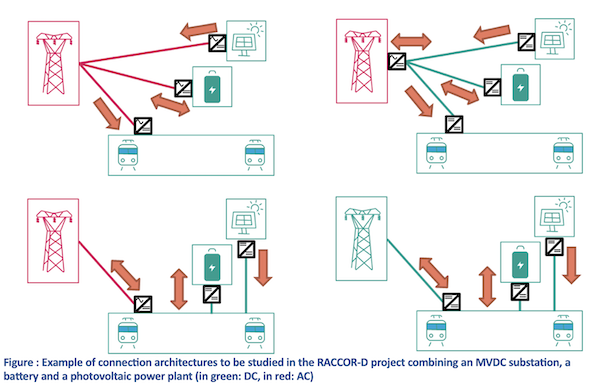
Maxime Vrain
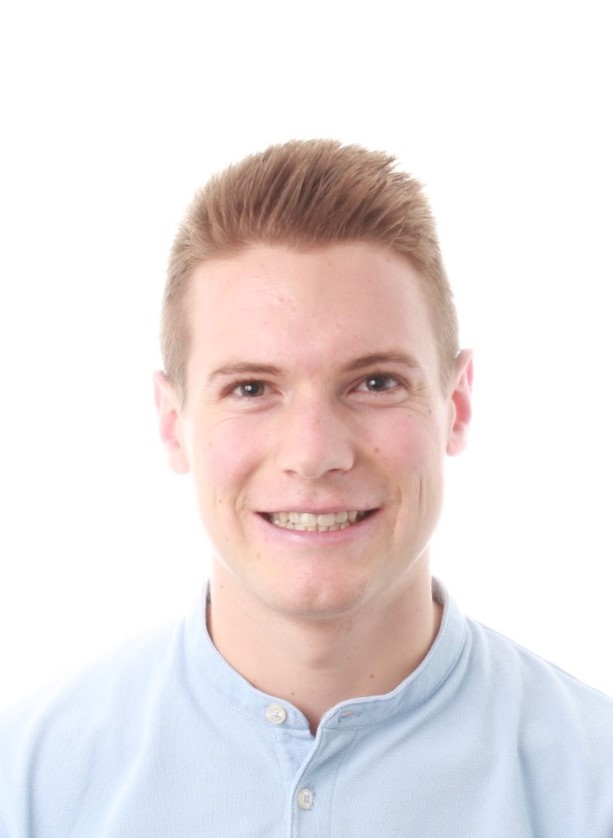
PhD Student since October 2022
Vectors coupling in the 2050 european energy system.
CIFRE PhD funded by french TSO RTE.
Mini CV – Maxime Vrain specialized in Energy/Climate issues during his engineering curriculum in Ecole polytechnique and Mines de Paris. After a research internship on induced seismicity by Geothermal plants with Caltech and an engineering internship on nuclear safety with EDF, he joined the PERSEE centre as a PhD. candidate to work on multi-energy systems in collaboration with RTE.
PhD description – Effectively decarbonising the European energy system requires an intensification of coupling between energy carriers: electricity, methane, hydrogen, and heating networks in this thesis. The power system is already at the heart of these couplings because of the technologies directly linking it to all the other vectors. And this role will grow as a result of the indirect electrification via hydrogen or heat. This development increases electricity demand but can also provide flexibility: better control of demand according to renewable production, access to storage, etc. The aim of this thesis is to gain a better understanding of the consequences of different energy carriers’ development scenarios on the operation of the power system in 2050.
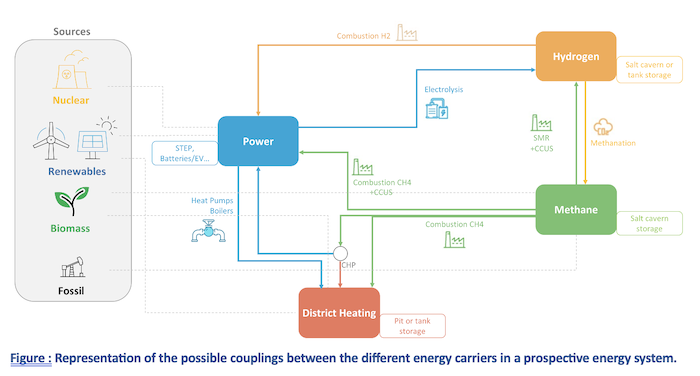
Hugo Hamburger
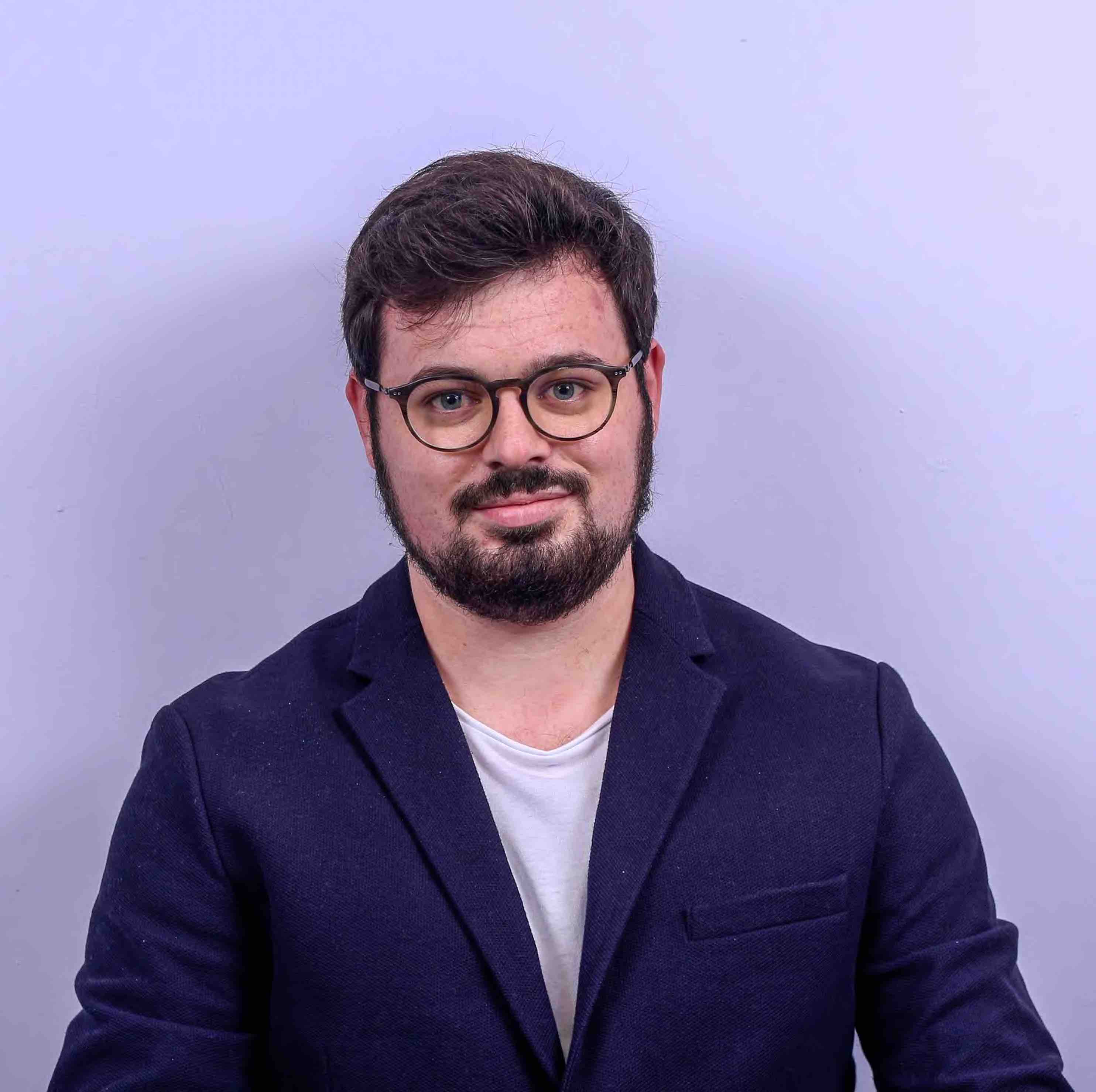
PhD Student since September 2023
Coupling optimisation methodology for energy system planning.
PhD funded by the PlaneTerr. project, in collaboration with several french energy system compagnies.
Mini CV – Hugo Hamburger obtained an engineering degree from Centrale Lille and an MSc in Sustainable Energy from DTU, with a specialization in energy systems analysis. He did his master’s thesis at RTE on the coupling of energy system models. He continued on the topic by starting his PhD in October 2023 as part of the PlaneTerr project in collaboration with RTE and Mines Paris PSL. The subject is entitled “Coupling optimization method for energy system planning”.
PhD description – In the field of energy systems, the energy transition is driving massive changes in system variability and uncertainty. To ensure the system’s adequacy and reliability, these changes need to be accounted for in the models. In particular, this means using higher spatio-temporal resolution, planning on a longer time scale, and considering interactions between energy vectors. However, when translated into energy system models, they give rise to large-scale non-convex problems which in practice are not tractable. The aim of this thesis is to solve this type of long-term, adequate multi-energy system planning problem by developing new non-exact but tractable optimization methods, based on model coupling. The general idea is to leverage the potential of investment planning models (e.g. OSeMOSYS) by linking them to high-resolution adequacy models (e.g. ANTARES), which can be regarded as a kind of dialogue between these models.

Thibaut Knibiehly
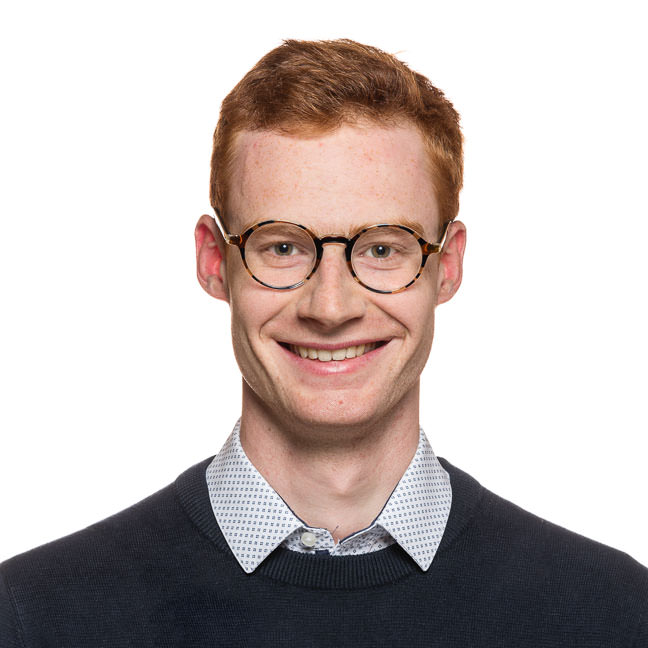
PhD Student since September 2023
Planning of multi-energy system.
PhD funded by the PlaneTerr. project, in collaboration with several french energy system compagnies.
Mini CV – Thibaut Knibiehly graduated from Ecole polytechnique and Mines Paris PSL in 2022 in engineering. After specializing in energy systems modelling, he joined an energy consulting company as an intern to work on power system decarbonisation strategy. He continued with another internship at the Swiss TSO to benchmark two adequacy simulation tools. Since June 2023, he joined the PERSEE centre and is currently a first year PhD candidate working on “optimisation of operation and planning of an industrial multi-energy hub” in collaboration with RTE.
PhD description – The decarbonisation of the energy system in 2050 will lead to a significant change in energy demand. The need for fossil fuels will gradually be replaced by a demand of electricity, bio-fuels or e-fuels (hydrogen, e-methane, bio-methane, low-temperature heat, etc.). At the same time, the electricity grid is phasing out emitting thermal generation, creating new needs to ensure grid stability, particularly in terms of storage. Modelling the conversions between energy vectors makes it possible to reduce the costs of decarbonisation, by optimising the deployment of new infrastructure. The aim of this thesis is to study a problem of optimal pathways of a multi-energy system by modelling an industrial hub. The questions to be studied are: - What are the optimal technologies in terms of cost to produce hydrogen or other decarbonised vectors? - What is the role of carbon capture in the model, based on cost assumptions? - For which energy carriers and how should daily, weekly and seasonal energy storage be sized?
Quentin Raillard-Cazanove
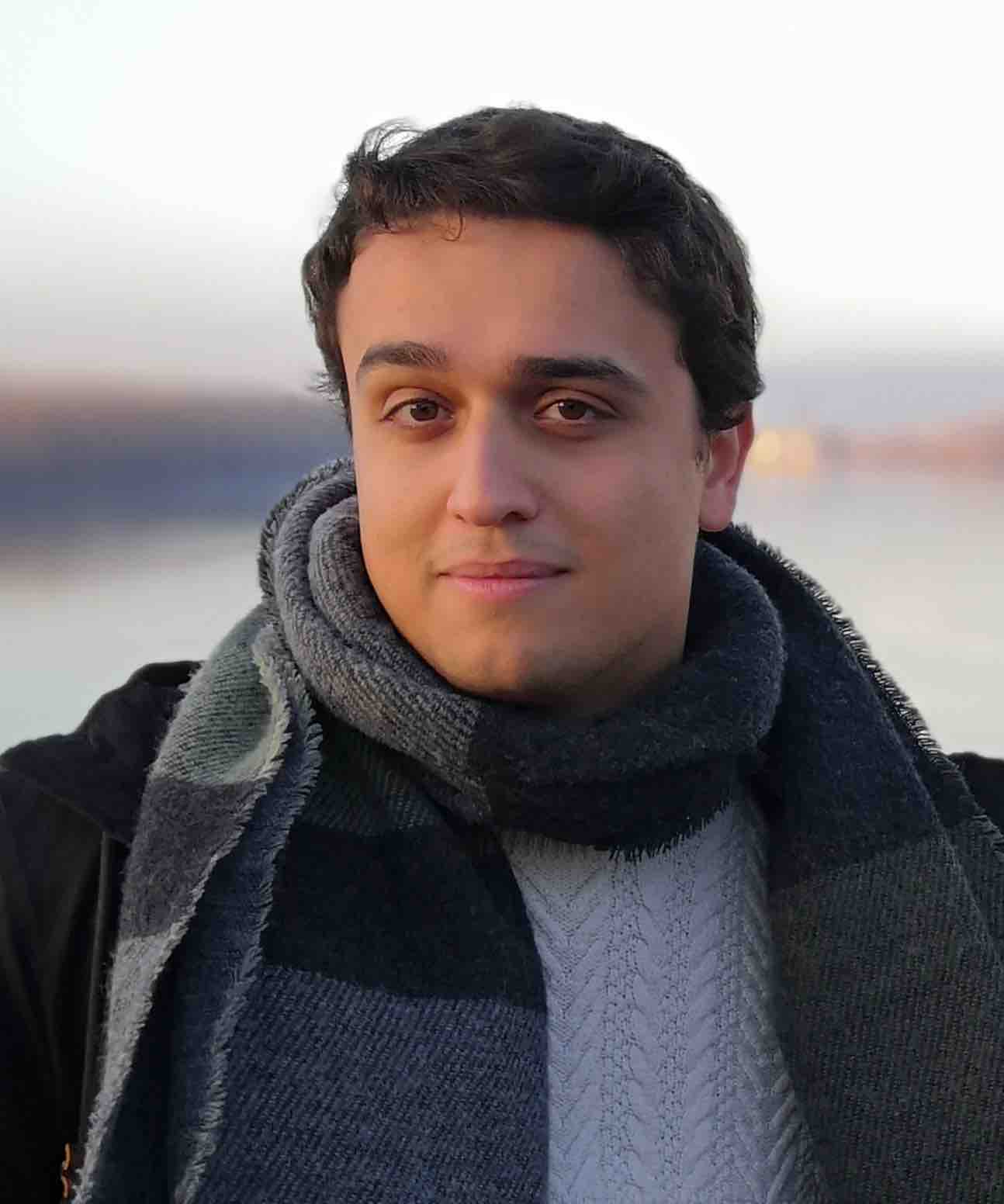
PhD Student since November 2021
Modeling of industry decarbonation and its impact on the electric system.
PhD funded by the Institut Carnot MINES.
Mini CV – Quentin Raillard-Cazanove graduated from Arts et Métiers (MEng) and Loughborough University (MSc in Renewable Energy Systems Technology) in 2021. His Master’s thesis, which centred on the examination of residential consumption data for the competitiveness of residential PV+BES systems, provided him with a firsthand encounter of the academic research landscape. This experience has motivated him to initiate a PhD thesis, wherein he is exploring the decarbonisation of industry and its impact on the electricity system.
PhD description – In the effort to reduce carbon emissions in industry, there is widespread consideration for both direct and indirect electrification of production methods. However, the electricity system must prepare to manage the ensuing rise in demand. By studying possible developments in the decarbonisation of industry under various future technical and economic conditions, this thesis will identify the various synergies that the electrical system can have with industry, in particular through the service that industry can provide to the electrical system through the potential flexibilisation of its demand.
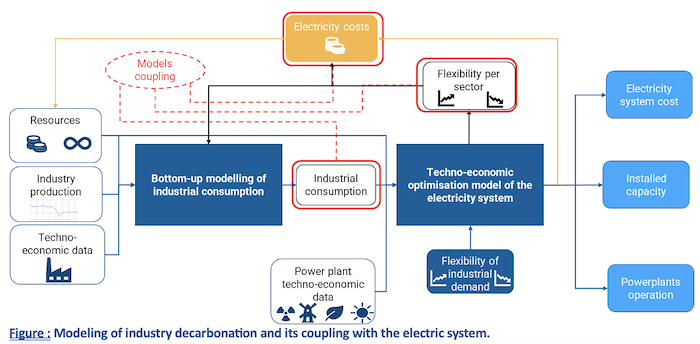
Owen Palmer

PhD Student since May 2022
Optimisation of decision making for PV+hydrogen+storage projects.
CIFRE PhD funded by Verso Energy.
Mini CV – Owen has 10 years’ power system engineering experience with the Australian power system operator, Ausgrid. During this time, he worked as a specialist in protection and control systems for connection of renewable generators to the electricity network. He participated in standards development in this capacity with the Australian Energy Networks Association (ENA), Standards Australia, and the International Electrotechnical Committee (IEC). Seeking new challenges, Owen completed a master’s degree at Grenoble INP focusing on energy engineering, economics, and digitization, before beginning an industrial (CIFRE) PhD with Mines Paris and the French renewable energy developer, Verso Energy, in 2021.
PhD description – His research focuses on addressing sources of risk to ensure the commercial viability of hybrid energy systems that consist of renewable production, battery electricity storage, and green hydrogen production. The costs and revenues of these projects are subject to a number of uncertainties, such as renewable production and energy market prices. Owen’s thesis seeks to develop advanced quantitative methods for planning the sizing and contracting of these projects in order to manage these risks. A first publication examines the use of stochastic optimization for electrolytic hydrogen production sizing and the procurement of futures contracts to address energy market risk:
O. Palmer, H. Radet, S. Camal and R. Girard, “Risk-conscious asset sizing and energy procurement planning for an electrolytic hydrogen producer.,” 2023 IEEE PES Innovative Smart Grid Technologies Europe (ISGT EUROPE), Grenoble, France, 2023, pp. 1-6, doi: 10.1109/ISGTEUROPE56780.2023.10407681.
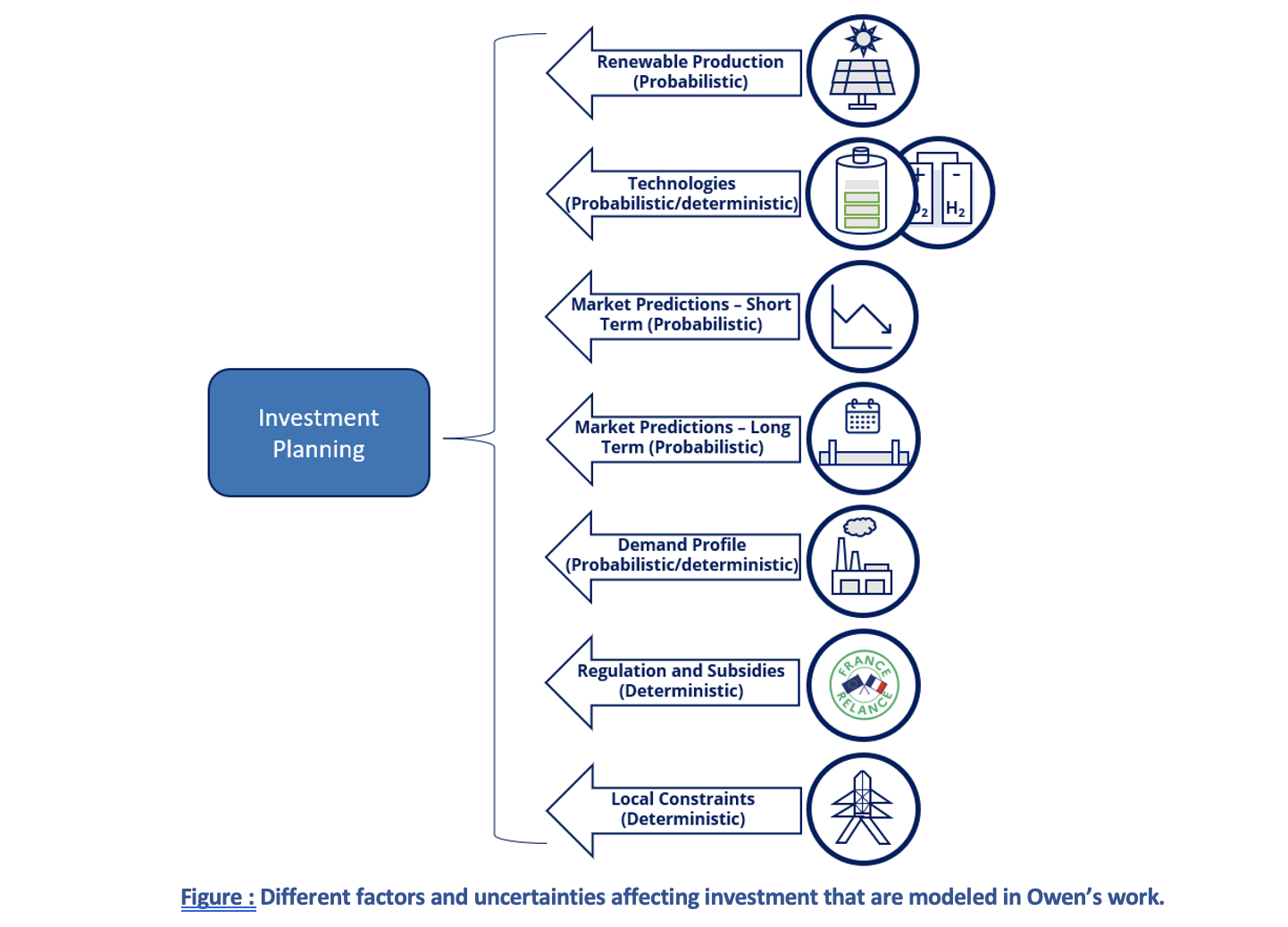
Thibault Goessel
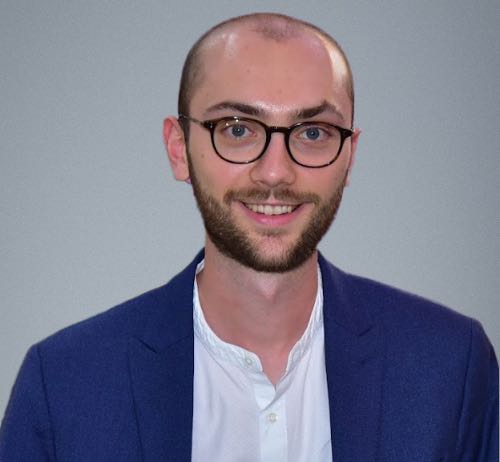
PhD Student since November 2022
LCA of building renovation toward carbon neutrality.
PhD funded by CSTB.
Mini CV – Thibault Goessel is a graduate of the engineering school Mines Paris-PSL, specializing in the environmental impacts of materials. His academic experience was reinforced with a research project with Karibati, focusing on the life cycle analysis of hemp concrete. During his tenure at EDF R&D for his end-of-study stage, Thibault worked on integrating environmental criteria into construction projects, showcasing his commitment to sustainable practices. Since November 2022, Thibault has started a thesis in collaboration with the PERSEE center and the CSTB (Scientific and Technical Center for Building). The subject concerns the identification of optimal building renovation solutions, as well as the impact of their massification across the French building stock. His supervisory team is composed of Robin Girard as his thesis director, alongside Simon Ligier and Adélaïde Aublet-Mailhac as CSTB supervisors.
PhD description – The massification of energy renovation is one of the key decarbonization levers identified in the building sector. However, renovation strategies are often approached through the traditional focus on energy performance during operation. Furthermore, the large-scale consequences of energy renovation massification are scarcely studied, despite its potential massive impacts on other sectors of the economy, such as energy, forestry, or industry. Life Cycle Sustainability Assessment (LCSA) of renovation strategies lies at the heart of the thesis by integrating environmental, economic, and social issues into the identification of renovation strategies. On the building scale, carbon footprint, overall cost, and thermal comfort throughout the building’s life cycle will be directly integrated to assess optimal renovation strategies for each major building typology. The figure below describes the methodology. On the French building stock scale, prospective dynamics of major sectors of the economy dependent on renovation will be incorporated for the study.
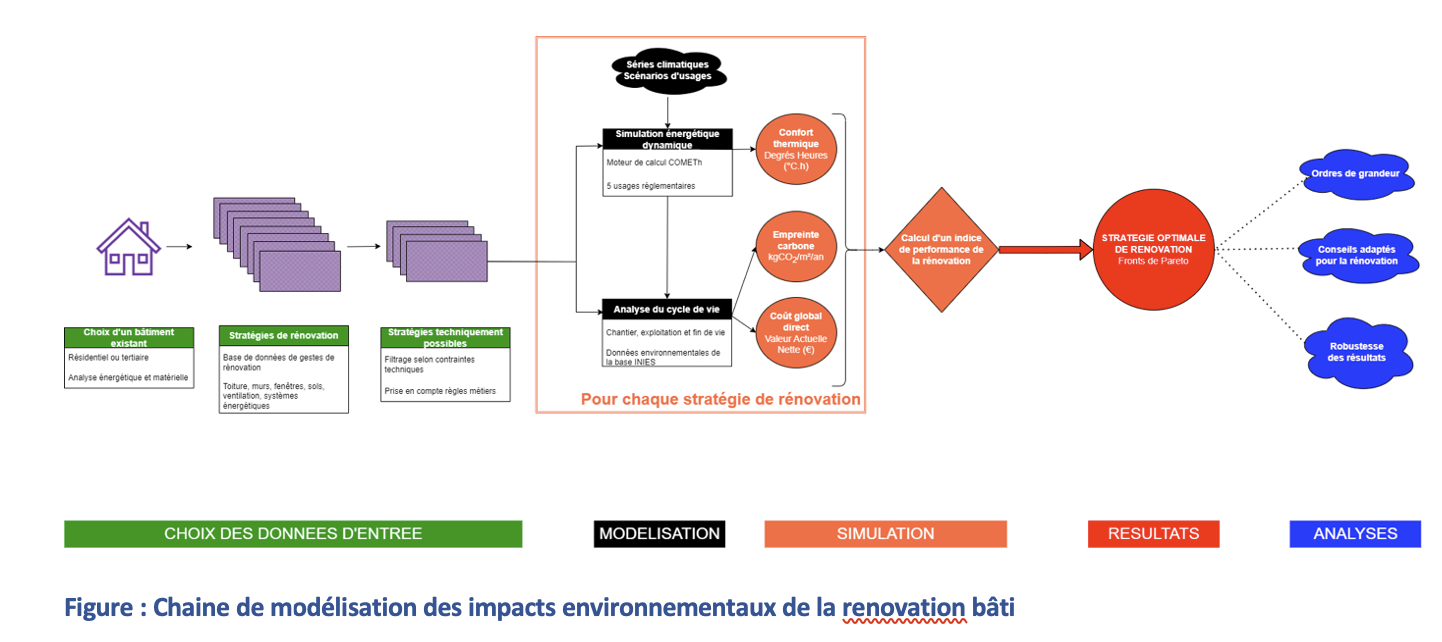
Anaelle Jodry

Defended her PhD in December 2023, now postdoc
Postdoc funded by the PlaneTerr. project
Mini CV – Anaëlle Jodry obtained an engineering diploma from École des Mines d’Albi in 2018, specializing in renewable energy development and resource conversion. Then, she worked in a solar energy company to investigate the impact of solar thermal energy on the quality of domestic hot water for a national study in partnership with ADEME. She also worked for the local gas and electricity distribution network of Grenoble as a flexibility mechanism project manager.
PhD description – In December 2023, she defended her PhD thesis on decision support for the development of hydrogen technologies at the scale of a territory. Through energy system optimization, her work allows understanding the role of hydrogen, a key chemical and energy carrier in the transition. The developed model is especially suitable for studying the evolution of industrial clusters and was tested in the Fos-sur-Mer harbor in the south of France. Different analyses highlighted some key factors to take into account when developing hydrogen ecosystems: gas prices, CO2 capture and treatment prices, and the space available to build renewables dedicated to hydrogen production.
Publication in Journal of Cleaner Production- Sept 2023 - Optimisation of hydrogen production systems deployement at the scale of a territory . Anaëlle Jodry, Robin Girard, Pedro Affonso Nobrega, Robin Molinier, Moulay-Driss Elalaouifaris.
